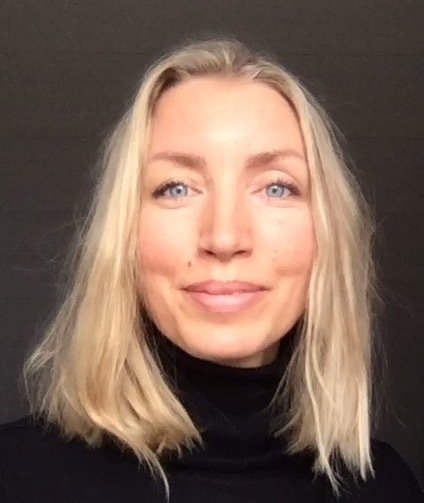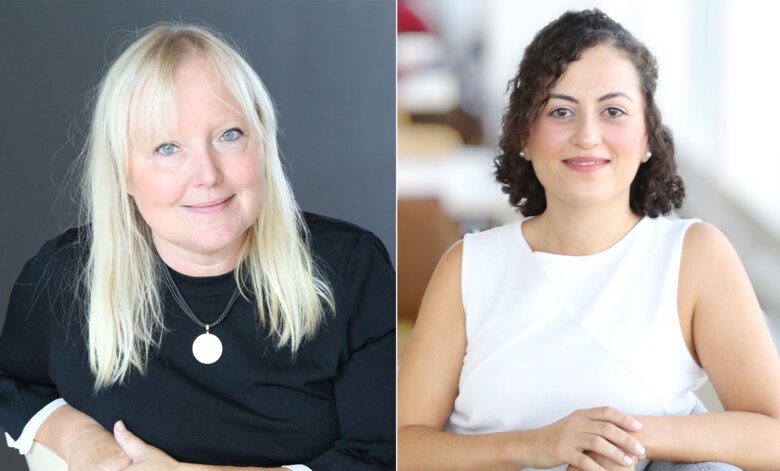Analysing sperm can detect rare genetic variants

Researchers from Karolinska Institutet have analysed blood and sperm samples from healthy parents to children with genetic syndromes and the results indicate that germline mosaicism is underestimated as a cause to syndromes and that the level of the genetic variant is higher in sperm than in blood. The study was recently published in Molecular Genetics & Genomic Medicine.
Just like mosaic piles covering a bathroom floor, our human cells can look and behave differently from each other. An explanation for this is genetic mosaicism and means that there is more than one genetic composition within the same individual. Healthy people may have a genetic mutation confined to their gonads. This is called germline mosaicism. In the case of germline mosaicism, the offspring may inherit the mutational event in all his/her cells and develop severe symptoms.

In this study, researchers looked for germline mosaicism in 87 healthy parents to children diagnosed with genetic de novo-syndromes with a method called droplet digital PCR. This is a more sensitive method than what is used in the regular clinical assessment. They found mosaicism in two healthy fathers by investigating blood and sperm. By comparing blood and sperm, they also found that the level of mosaicism was higher in sperm than in blood in both cases. The results indicate that germline mosaicism is underestimated as a cause to genetic de novo-syndromes in children.
"To understand the mechanisms behind a rare disease is the key for establishing appropriate care, such as surveillance and treatment. It also improves the genetic counselling to the patients and their parents regarding recurrence risk. These results may have an impact on how the clinical assessment is managed, regarding choice of method and what tissue to analyse", says Sofia Frisk, MD, Clinical Genetics, Karolinska Universitetssjukhuset and PhD student, Karolinska Institutet, who is first author of the paper.

The study was conducted by researchers at the group Rare Diseases at the Department of Molecular Medicine and Surgery, Fulya Taylan and Ann Nordgren shared senior authorships.
This work was supported by grants from the Swedish Research Council, the Region Stockholm (combined residency and PhD training programme), Karolinska Institutet, the Swedish Brain Foundation, the Swedish Rare Diseases Research Foundation (Sällsyntafonden) and The Hållsten Research Foundation.
Publication
Detection of germline mosaicism in fathers of children with intellectual disability syndromes caused by de novo variants.
Frisk S, Wachtmeister A, Laurell T, Lindstrand A, Jäntti N, Malmgren H, Lagerstedt-Robinson K, Tesi B, Taylan F, Nordgren A
Mol Genet Genomic Med 2022 Feb;():e1880
